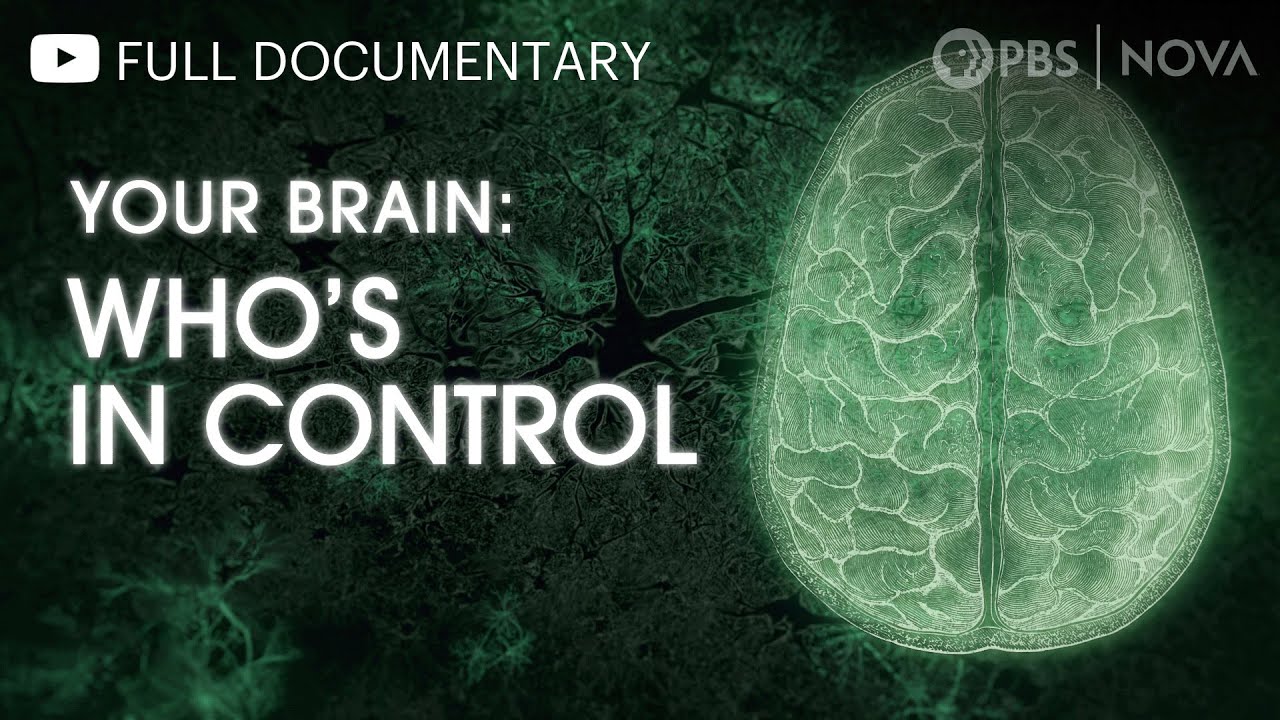Emotion, Stress, and Health: Crash Course Psychology #26
TLDRThe script discusses how our emotions, facial expressions, and ways of communicating deeply impact our health and interpersonal relationships. It explores the biological underpinnings and physical manifestations of feelings like happiness, anger, stress, and more. The universality yet cultural specificity of emotional expressions is analyzed. A 2-dimensional model explaining emotional experience along spectrums of positive/negative and high/low arousal is proposed. The script ultimately conveys that while emotions can profoundly affect our bodies, we have power over whether we let them negatively control our lives.
Takeaways
- 😃 Facial expressions are culturally universal ways humans communicate emotions
- 😮 The Facial Feedback Hypothesis states that facial expressions can regulate emotions
- 🤔 Botox injections may help with depression by paralyzing frown muscles
- 😠 Anger, fear and stress negatively impact health and wellbeing
- 🙂 Positivity, happiness and optimism boost health and longevity
- 😨 Stress is the process of perceiving and responding to challenging or threatening events
- 😥 Chronic stress weakens the immune system and digestive functioning
- 💗 The brain, nervous system and organs interact to regulate bodily functions
- 📉 Pessimism and depression are closely related to stress and heart disease
- 😌 Take deep breaths, feel your emotions, but don't let them control you
Q & A
What are the 10 basic human emotions identified by Carol Izard?
-The 10 basic human emotions identified by Carol Izard are: joy, surprise, sadness, anger, disgust, contempt, shame, fear, guilt, and interest or excitement.
How can stress contribute to heart disease?
-Stress contributes to heart disease by increasing blood pressure, heart rate, and cholesterol levels. When stressed, the body redirects energy sources away from organs like the liver, preventing it from properly filtering fat and cholesterol from the blood.
What is the facial feedback hypothesis?
-The facial feedback hypothesis states that facial expressions not only communicate emotions, but can also help regulate emotions. For example, the act of smiling can lift mood while scowling can lower it.
How does stress affect digestion?
-Stress causes the body to redirect blood flow away from digestion to muscles for the 'fight or flight' response. This can lead to digestive issues like a spasming colon or decreased digestive secretions.
What are the two dimensions used to describe emotional experience?
-The two dimensions used are: 1) Valence - the spectrum from positive to negative emotion, and 2) Arousal - the level of excitement or stimulation, from excited to not excited.
What three main categories of external stressors are discussed?
-The three main categories of external stressors discussed are: 1) Catastrophes like disasters, 2) Significant life changes like moving or losing a job, and 3) Everyday inconveniences like traffic or conflicts.
How can positivity and negativity affect health?
-Research shows optimism, happiness, and positive feelings are linked to longer, more fulfilling lives, while pessimism, anger, and negativity are tied to stress and health issues like heart disease.
What is the difference between stress and emotion?
-Stress is the process of perceiving and responding to challenging or threatening events, while emotion is the conscious experience of feeling, like happiness, anger, etc.
How can Botox help with depression?
-A study found injections of Botox in the forehead to limit frowning may lessen depression, possibly because it's hard to feel down when frown muscles are paralyzed.
Why are facial expressions considered culturally universal?
-Some psychologists believe basic emotions are expressed similarly in facial muscles across cultures, allowing recognition of happiness, sadness, etc regardless of nationality.
Outlines
🙂 Intro to Emotions and Expressions
The paragraph introduces how emotions and their expressions are powerful and contagious, affecting our health and those around us. It mentions studies showing positivity correlates with better health outcomes versus negativity. It also introduces how emotions relate to stress and how chronic stress can be severely damaging.
😨 Stress and Health
This paragraph further discusses stress - defining it, categorizing stressors, and detailing its physiological effects. It explains how moderate short-term stress can be helpful but chronic stress causes issues like digestive, circulatory and heart problems by disrupting nervous system functioning.
🎬 Crash Course Outro
The last paragraph contains generic concluding remarks wrapping up the Crash Course video, including credits for the production team.
Mindmap
Keywords
💡emotions
💡facial expressions
💡stress
💡health
💡heart disease
💡immunity
💡brain-gut connection
💡sympathetic nervous system
💡hormones
💡mortality
Highlights
Facial expressions are culturally universal, so people from different cultures can discern basic emotions.
Smiling can lift your mood while scowling can lower it, according to the Facial Feedback Hypothesis.
Botox injections may lessen depression by paralyzing frown muscles.
Introverts are better at interpreting emotions, while extroverts are better at expressing them.
Gestures that express emotions differ across cultures and can cause offense if misinterpreted.
Psychologist Carol Izard identified 10 basic human emotions present from infancy.
Some describe emotions using a 2D model of valence (positive/negative) and arousal (excited/calm).
Happiness boosts health while chronic anger or depression creates problems.
We tend to overestimate bad mood duration and underestimate our resilience.
Stress prepares us to face challenges but chronic stress damages health.
Stress triggers fight-or-flight response, releasing hormones like adrenaline and cortisol.
Stress can increase blood pressure, heart rate, and cholesterol levels.
Optimism and positive feelings correlate with longer, more fulfilling lives.
Chronic stress indirectly impacts disease by influencing behavior and biology.
Go ahead, feel your emotions, but don't let them run your life.
Transcripts
Browse More Related Video

You aren't at the mercy of your emotions -- your brain creates them | Lisa Feldman Barrett

Why Do We Feel Nostalgia?

Your Brain: Who's in Control? | Full Documentary | NOVA | PBS

How Big Can a Person Get?

Neuroscientist: Build Intense Desire & Attraction (If He Loves You, He Will Do This) |Dr Tara Swart

Feeling All the Feels: Crash Course Psychology #25
5.0 / 5 (0 votes)
Thanks for rating: